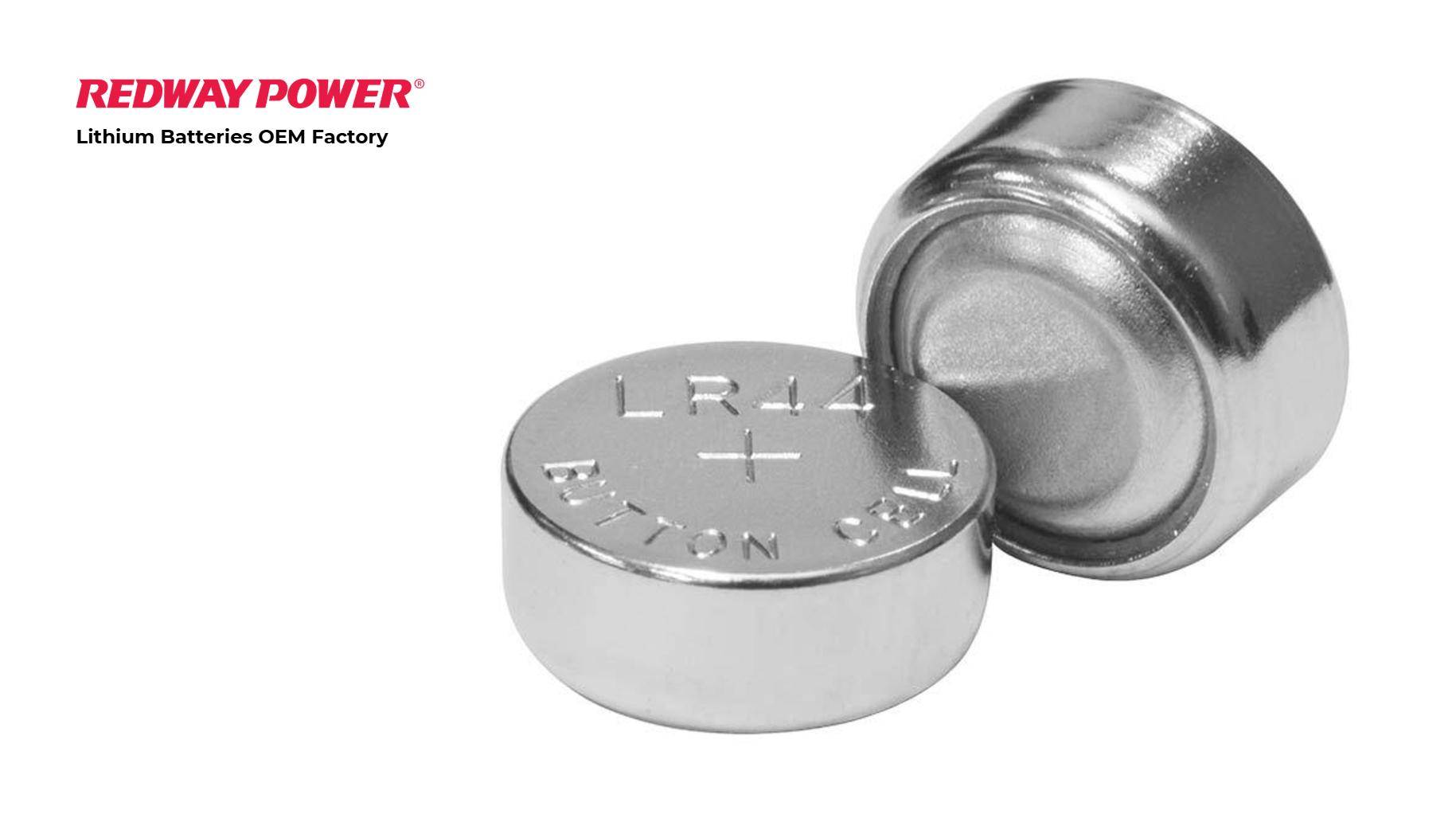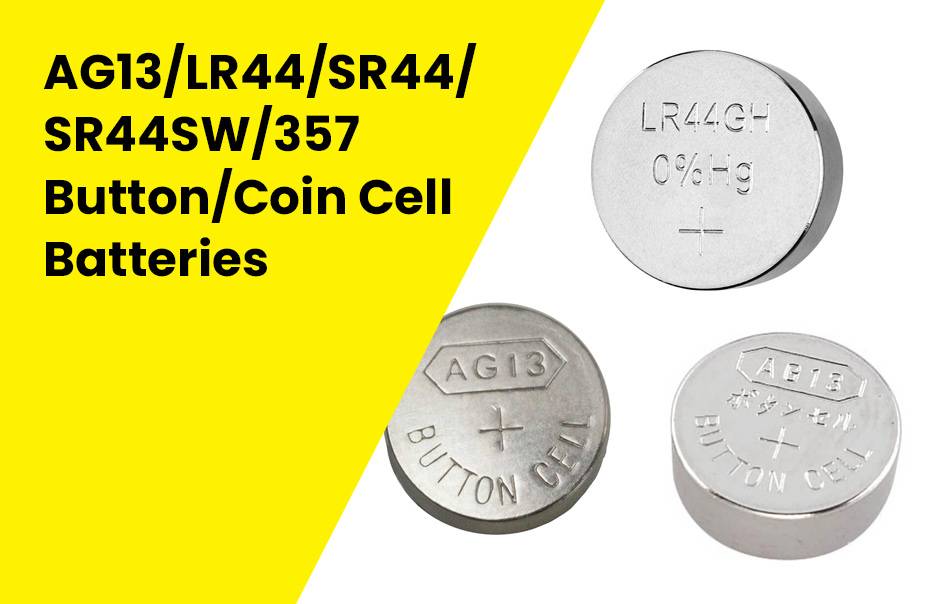- Lithium Golf Cart Battery
- Forklift Lithium Battery
-
48V
- 48V 210Ah
- 48V 300Ah
- 48V 420Ah (949 x 349 x 569 mm)
- 48V 420Ah (950 x 421 x 450 mm)
- 48V 456Ah
- 48V 460Ah (830 x 630 x 590 mm)
- 48V 460Ah (950 x 421 x 450 mm)
- 48V 460Ah (800 x 630 x 600 mm)
- 48V 460Ah (820 x 660 x 470 mm)
- 48V 500Ah
- 48V 560Ah (810 x 630 x 600 mm)
- 48V 560Ah (950 x 592 x 450 mm)
- 48V 600Ah
- 48V 630Ah
-
48V
- 12V Lithium Battery
12V 150Ah Lithium RV Battery
Bluetooth App | BCI Group 31
LiFePO4 Lithium
Discharge Temperature -20°C ~ 65°C
Fast Charger 14.6V 50A
Solar MPPT Charging - 24V Lithium Battery
- 36V Lithium Battery
- 48V Lithium Battery
-
48V LiFePO4 Battery
- 48V 50Ah
- 48V 50Ah (for Golf Carts)
- 48V 60Ah (8D)
- 48V 100Ah (8D)
- 48V 100Ah
- 48V 100Ah (Discharge 100A for Golf Carts)
- 48V 100Ah (Discharge 150A for Golf Carts)
- 48V 100Ah (Discharge 200A for Golf Carts)
- 48V 150Ah (for Golf Carts)
- 48V 160Ah (Discharge 100A for Golf Carts)
- 48V 160Ah (Discharge 160A for Golf Carts)
-
48V LiFePO4 Battery
- 60V Lithium Battery
-
60V LiFePO4 Battery
- 60V 20Ah
- 60V 30Ah
- 60V 50Ah
- 60V 50Ah (Small Size / Side Terminal)
- 60V 100Ah (for Electric Motocycle, Electric Scooter, LSV, AGV)
- 60V 100Ah (for Forklift, AGV, Electric Scooter, Sweeper)
- 60V 150Ah (E-Motocycle / E-Scooter / E-Tricycle / Tour LSV)
- 60V 200Ah (for Forklift, AGV, Electric Scooter, Sweeper)
-
60V LiFePO4 Battery
- 72V~96V Lithium Battery
- Rack-mounted Lithium Battery
- E-Bike Battery
- All-in-One Home-ESS
- Wall-mount Battery ESS
-
Home-ESS Lithium Battery PowerWall
- 24V 100Ah 2.4kWh PW24100-S PowerWall
- 48V 50Ah 2.4kWh PW4850-S PowerWall
- 48V 50Ah 2.56kWh PW5150-S PowerWall
- 48V 100Ah 5.12kWh PW51100-F PowerWall (IP65)
- 48V 100Ah 5.12kWh PW51100-S PowerWall
- 48V 100Ah 5.12kWh PW51100-H PowerWall
- 48V 200Ah 10kWh PW51200-H PowerWall
- 48V 300Ah 15kWh PW51300-H PowerWall
PowerWall 51.2V 100Ah LiFePO4 Lithium Battery
Highly popular in Asia and Eastern Europe.
CE Certification | Home-ESS -
Home-ESS Lithium Battery PowerWall
- Portable Power Stations
How to Safely Dispose of LR44 Batteries and Address Environmental Concerns

Proper disposal of LR44 batteries is crucial to prevent environmental contamination and protect human health. These small batteries, often used in watches and small electronics, contain hazardous substances that can leach into soil and water if not disposed of correctly. Understanding safe disposal methods helps mitigate these risks.
Why is proper disposal of LR44 batteries important?
Proper disposal of LR44 batteries is essential because they contain toxic materials such as mercury, cadmium, and lead. If disposed of in regular trash, these substances can leak into the environment, contaminating soil and groundwater. This poses significant risks to wildlife and human health. Additionally, improper disposal can lead to fires in waste management facilities due to battery leakage or damage.
What are the environmental impacts of disposing LR44 batteries improperly?
Improper disposal of LR44 batteries can lead to severe environmental consequences. When these batteries end up in landfills, the toxic metals can seep into the ground, potentially entering drinking water supplies. Incineration can release harmful gases into the atmosphere, contributing to air pollution. Furthermore, the accumulation of heavy metals in ecosystems can disrupt wildlife habitats and food chains.
| Environmental Impact | Description |
|---|---|
| Soil Contamination | Heavy metals leach into soil, affecting plant growth. |
| Water Pollution | Toxic substances contaminate groundwater sources. |
| Air Quality | Harmful gases released during incineration affect air quality. |
How can LR44 batteries be disposed of safely?
LR44 batteries should not be thrown in regular trash or recycling bins. Instead, they should be taken to designated recycling centers or hazardous waste collection sites. Many electronics retailers also offer battery recycling programs. It’s crucial to check local regulations regarding battery disposal, as some areas may have specific guidelines.
What recycling options are available for LR44 batteries?
Recycling options for LR44 batteries include:
- Retail Take-back Programs: Many electronics stores accept used batteries for recycling.
- Community Recycling Events: Local governments often organize events where residents can drop off hazardous waste.
- Mail-in Recycling Programs: Some organizations provide prepaid shipping labels for sending batteries to recycling facilities.
| Recycling Option | Description |
|---|---|
| Retail Take-back | Drop off used batteries at participating stores. |
| Community Events | Participate in local hazardous waste collection events. |
| Mail-in Programs | Send batteries via mail to certified recyclers. |
Why should consumers be aware of battery disposal regulations?
Consumers should be aware of battery disposal regulations because improper disposal can lead to legal penalties and environmental harm. Understanding local laws helps ensure that consumers dispose of their batteries responsibly, reducing their ecological footprint. Many municipalities have specific guidelines that require certain types of batteries to be recycled rather than thrown away.
FAQ Section
Q: Can I throw LR44 batteries in the trash?
A: No, LR44 batteries should not be thrown in the trash due to their toxic components; they must be recycled properly.Q: Where can I recycle LR44 batteries?
A: You can recycle LR44 batteries at electronics retailers, community recycling events, or through mail-in programs designed for battery recycling.Q: What happens if I dispose of LR44 batteries improperly?
A: Improper disposal can lead to environmental contamination, including soil and water pollution, as well as potential fines under local regulations.
Industrial News
Recent discussions around battery disposal have highlighted increasing regulatory scrutiny on hazardous waste management practices across various states in the U.S. New initiatives aim to promote better recycling practices for all types of batteries, including button cells like the LR44. Companies are encouraged to adopt sustainable practices that minimize environmental impact while ensuring compliance with emerging legislation focusing on hazardous materials.
Redway Power Expert Views
“Proper disposal and recycling of button cell batteries like the LR44 is critical not just for environmental health but also for public safety,” says an expert from Redway Power. “As we increase our reliance on portable electronics, it’s imperative that consumers understand their responsibilities regarding battery disposal.”
Know more:
What devices commonly use LR44 batteries
How do LR44 batteries compare to SR44 batteries
Are there any environmental concerns with disposing of LR44 batteries
What are the differences between AG13 and LR44 batteries
Can I use a 357 battery in all devices that require an LR44


















